
Join 10k+ people to get notified about new posts, news and tips.
Do not worry we don't spam!
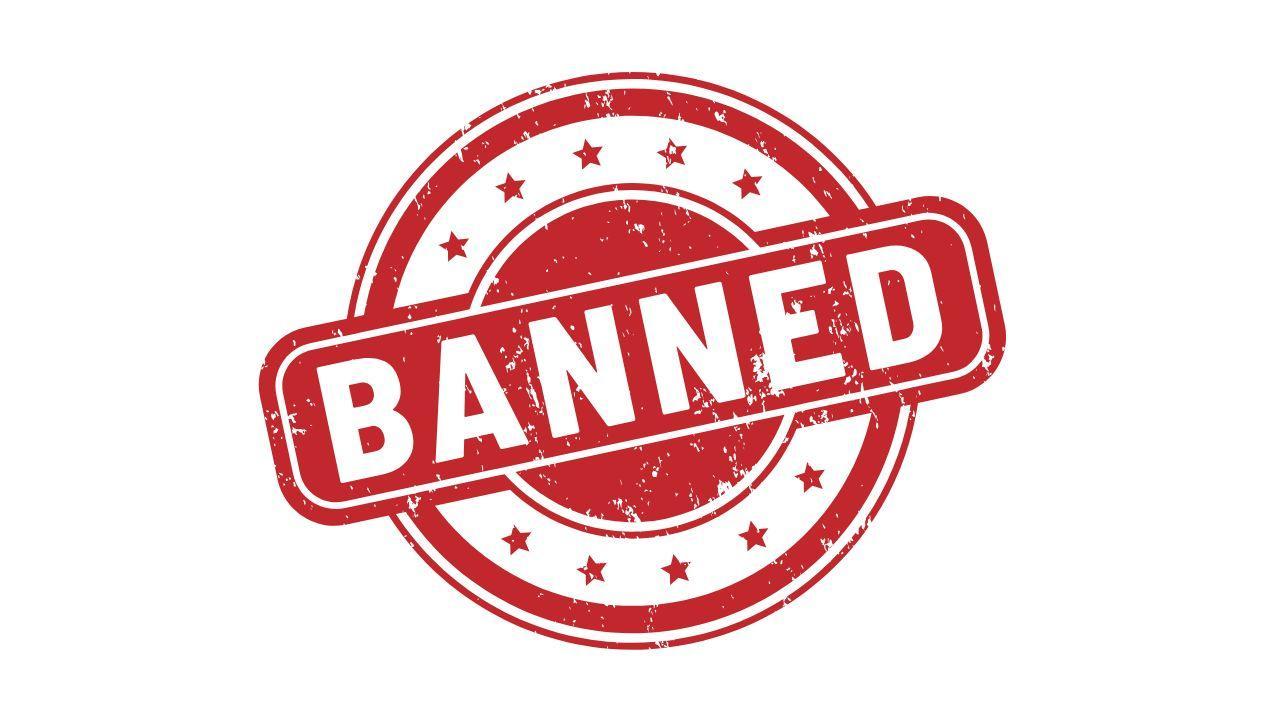
Post by : Raman
Texas Governor Greg Abbott, a prominent Republican and ally of former President Donald Trump, has once again stirred national attention with his statements about Sharia law and religious practices in Texas. Abbott’s comments came after a viral video showed a Muslim cleric in Houston urging shopkeepers not to sell alcohol, pork, or lottery tickets using a loudspeaker. The governor described this as harassment and stated that Texas would not tolerate attempts to enforce religious codes in public life.
Abbott posted on X, formerly known as Twitter, emphasizing that he has signed laws banning Sharia law and Sharia compounds in the state. He urged residents to report any attempts to impose “Sharia compliance” on businesses or individuals to local law enforcement or the Texas Department of Public Safety.
While Abbott’s statements have drawn national attention, they have also sparked debate and criticism from Muslim advocacy groups and legal experts. This article explores the issue in depth, examining the legal background, the political context, and the perspectives of various stakeholders.
It is important to understand what Sharia law actually is and how it applies in the United States. Sharia is a system of Islamic religious laws that guide the personal, moral, and spiritual lives of Muslims. It governs areas such as prayer, fasting, charity, and family matters. Importantly, Sharia does not have legal authority in U.S. civil or criminal law.
In Texas, there is no formal “Sharia ban.” However, the state passed the 2017 American Laws for American Courts (ALAC) bill. This law prevents Texas courts from applying foreign or religious codes, including Sharia, if they conflict with U.S. law. This means that while individuals are free to follow their religious practices, courts cannot enforce any part of Sharia that goes against Texas or federal law.
Abbott’s recent statements and social media posts suggest a strong interpretation of this law, portraying it as a complete ban on Sharia in all forms. Critics argue that this exaggerates the threat and could lead to misunderstandings about religious freedom.
The controversy began when a video went viral showing a Muslim cleric speaking to business owners in Houston. In the video, the cleric used a loudspeaker to advise shopkeepers not to sell alcohol, pork, or lottery tickets. Abbott described this as harassment and a potential attempt to impose religious rules on others in the public space.
The governor’s response was swift and firm. He stated that no individual or business should fear attempts to enforce Sharia compliance in Texas. Abbott’s comments emphasized the importance of maintaining secular laws and protecting residents from what he called religious coercion.
Greg Abbott is known for his strong conservative positions on a range of issues, including immigration, religion, and cultural matters. He has frequently aligned himself with policies and messaging associated with former President Donald Trump. Abbott’s remarks about Sharia law are consistent with his broader political approach, which often emphasizes law and order, state sovereignty, and the protection of traditional American values.
Earlier this year, Abbott opposed a proposed residential and commercial development called EPIC City, planned by the East Plano Islamic Center. The project included homes, schools, a mosque, and commercial facilities. Abbott expressed concern that the area could become a “Sharia zone” and ordered multiple state agencies to investigate. Critics argued that Abbott exaggerated the potential threat and warned that such actions could lead to religious profiling.
Muslim advocacy groups, including the Council on American-Islamic Relations (CAIR), have criticized Abbott’s statements as misleading. They stress that Sharia primarily governs personal religious practice and does not interfere with civil law. According to these groups, Abbott’s comments risk creating fear and misunderstanding about the Muslim community in Texas.
Legal experts have also pointed out that Sharia, like other religious codes, is protected under the First Amendment of the U.S. Constitution. Individuals are free to practice their religion privately, as long as their actions do not violate U.S. or state laws. Critics argue that Abbott’s public statements may confuse residents about what is legally allowed and potentially contribute to discrimination or harassment against Muslims.
The viral nature of the Houston video played a significant role in amplifying Abbott’s response. Social media platforms, including X, allow content to spread quickly, often without context or full explanation. In this case, a short clip of a religious leader speaking to business owners triggered a nationwide political discussion about religious freedom and Sharia law.
Experts note that viral videos can sometimes exaggerate the perception of a problem. A brief clip may not capture the full context of the situation or the intentions of the individuals involved. In this instance, the video was used to support broader political messaging about the enforcement of secular law and the perceived threat of foreign religious codes.
The public reaction to Abbott’s statements has been mixed. Many of his supporters praised him for taking a strong stand against what they perceive as attempts to impose religious rules on others. They view his actions as a defense of secular law and individual freedoms.
However, opponents, including civil rights groups and some political analysts, argue that Abbott’s approach could foster fear and division. They caution that framing everyday religious practices as a threat may contribute to Islamophobia and undermine social cohesion in diverse communities.
The 2017 ALAC Act, often cited in discussions about Sharia law in Texas, allows courts to reject foreign or religious laws if they conflict with U.S. law. This includes not only Sharia but also other legal systems, such as European civil law or Jewish Halacha, if they were ever used in civil disputes.
The purpose of the law is to ensure that Texas courts apply only American law in legal disputes. Importantly, the law does not prevent individuals from practicing their religion or following personal religious codes in private life. The enforcement of civil law takes precedence over any foreign or religious codes in legal matters.
The U.S. Constitution guarantees religious freedom to all individuals. This means that people are free to follow their beliefs, attend places of worship, and engage in religious practices without government interference, as long as those practices do not violate civil laws.
Critics of Abbott’s statements argue that conflating Sharia with illegal or coercive activity can undermine this fundamental principle. They emphasize that practicing religion privately or advising others in a non-coercive manner is not illegal and should not be portrayed as a threat.
The debate over Sharia law in Texas highlights a broader challenge: balancing the protection of civil law and public safety with respect for religious rights. Authorities have a duty to prevent coercion, harassment, or violations of law, but they must also ensure that citizens are free to practice their faith without fear of discrimination.
Experts suggest that clear communication and education are essential. Residents need to understand the difference between personal religious practice and illegal attempts to impose religious codes on others. By providing this clarity, officials can protect both public order and religious freedom.
Governor Abbott’s statements are likely to continue sparking debate as Texas and other states navigate the intersection of religion, law, and public life. Policymakers will need to address concerns about religious freedom, social cohesion, and potential discrimination.
Muslim advocacy groups are expected to continue their efforts to educate the public about Sharia law and its scope. They may also challenge exaggerated claims that could lead to bias or harassment. Civil rights organizations will likely monitor the situation to ensure that actions taken in the name of public safety do not infringe on constitutional rights.
The controversy over Sharia law in Texas highlights the tension between law, religion, and politics in the United States. Governor Greg Abbott has taken a firm stance, emphasizing that Texas will not tolerate attempts to impose religious codes on businesses or individuals. While his supporters see this as a defense of secular law and public safety, critics argue that it misrepresents the nature of Sharia and risks fostering fear and discrimination.
As debates continue, it is important to remember that Sharia primarily governs personal religious practice, not civil law, and that the U.S. Constitution protects the right to religious freedom. Clear communication, education, and respect for diversity are key to balancing security and civil liberties in a multicultural society like Texas.
This situation underscores the ongoing challenge of navigating complex social, legal, and political issues in a way that protects the rights and safety of all citizens while maintaining harmony in a diverse community
Texas Governor, Greg Abbott, Sharia Law, Religious Freedom, US Politics, Islam in America
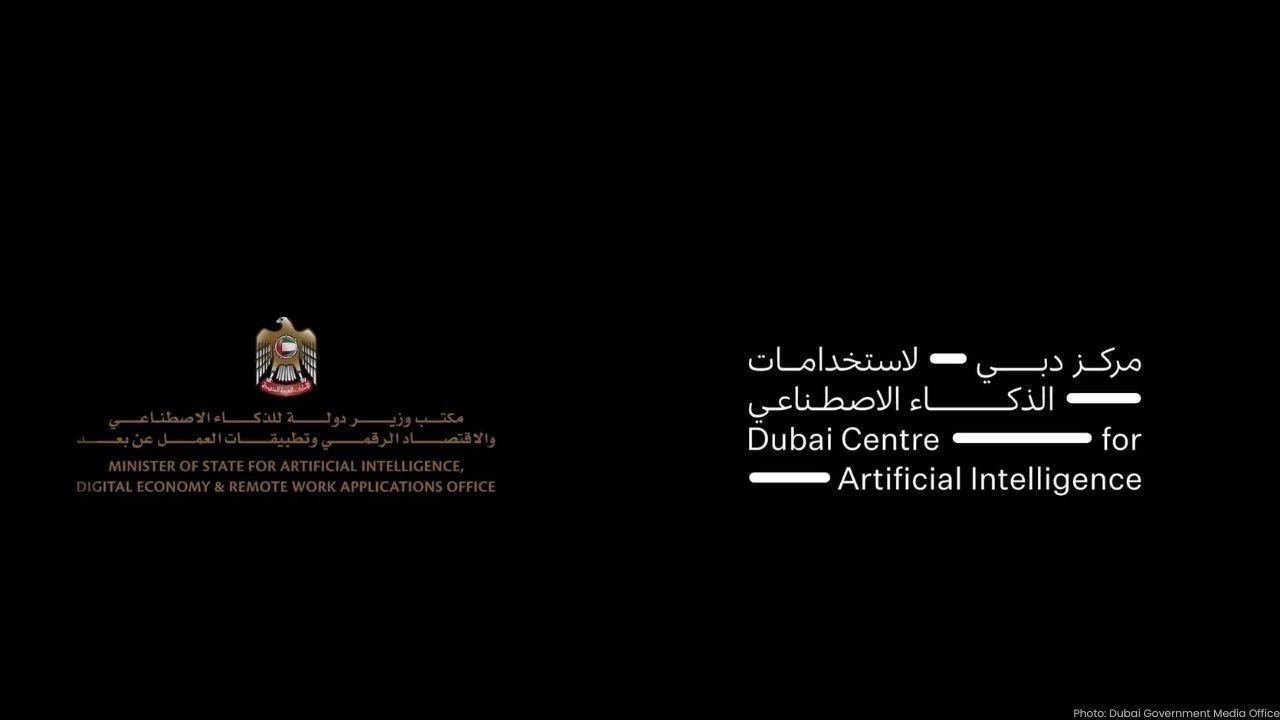


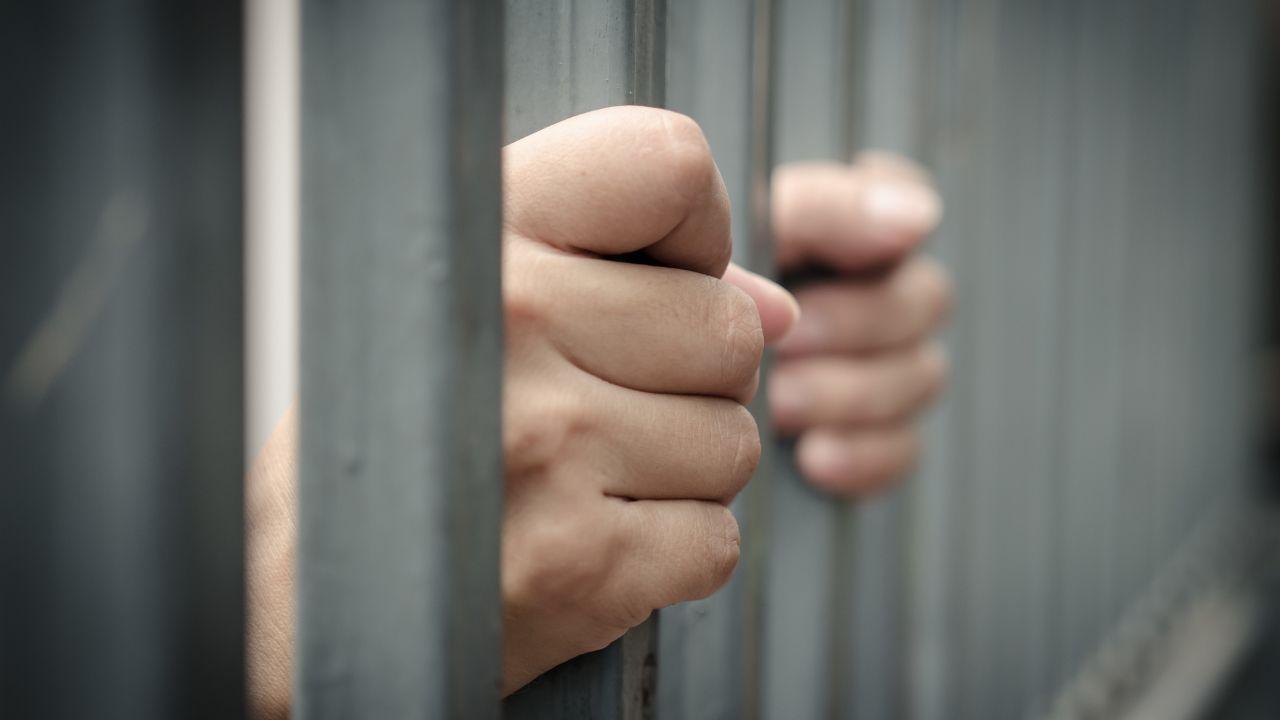
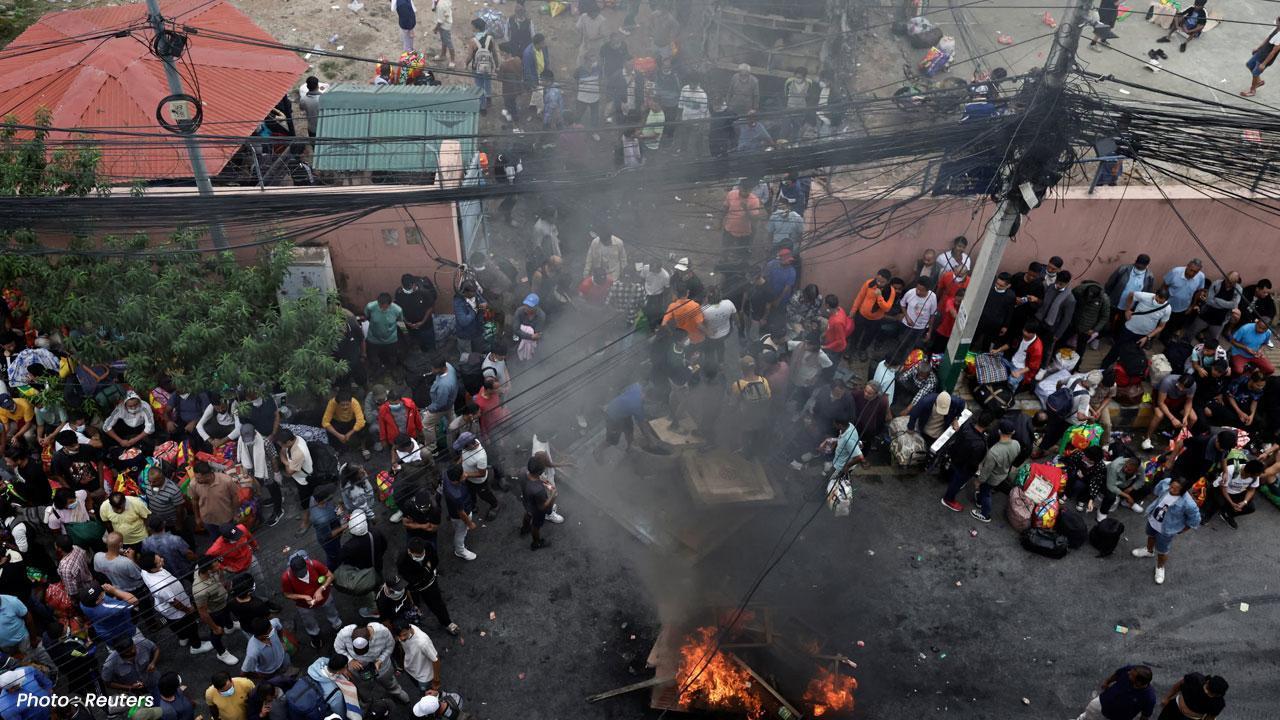
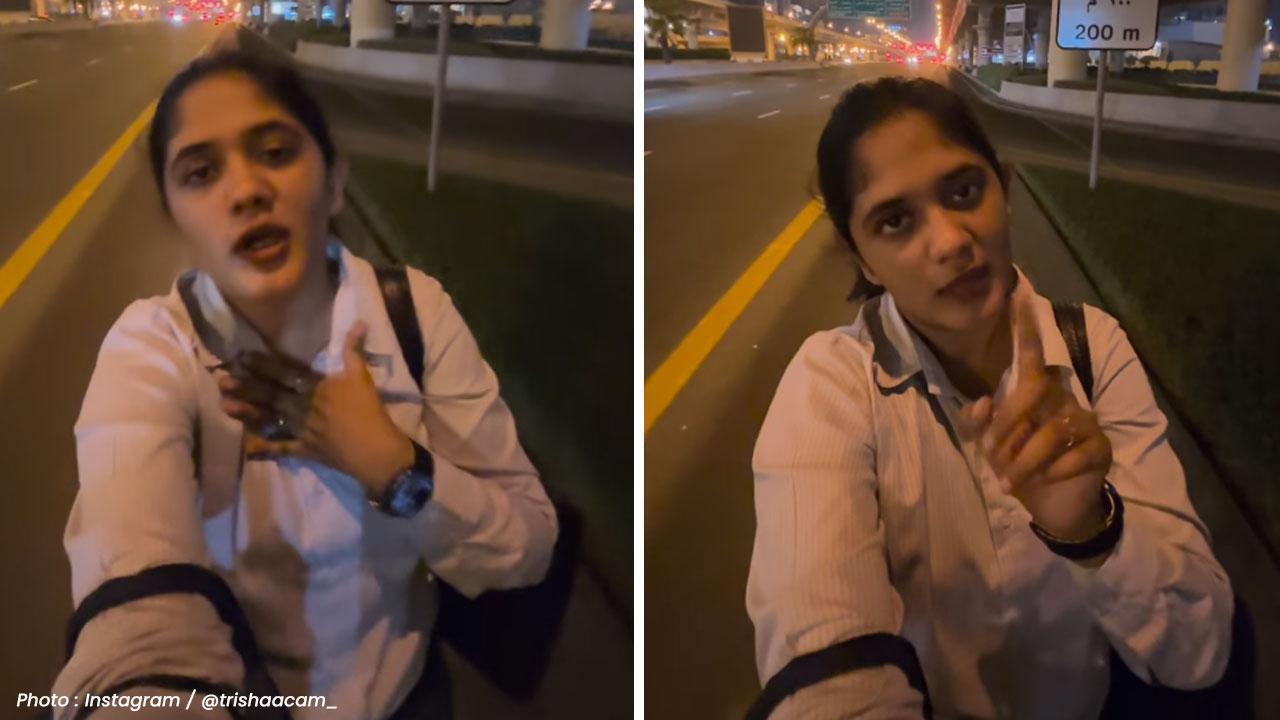

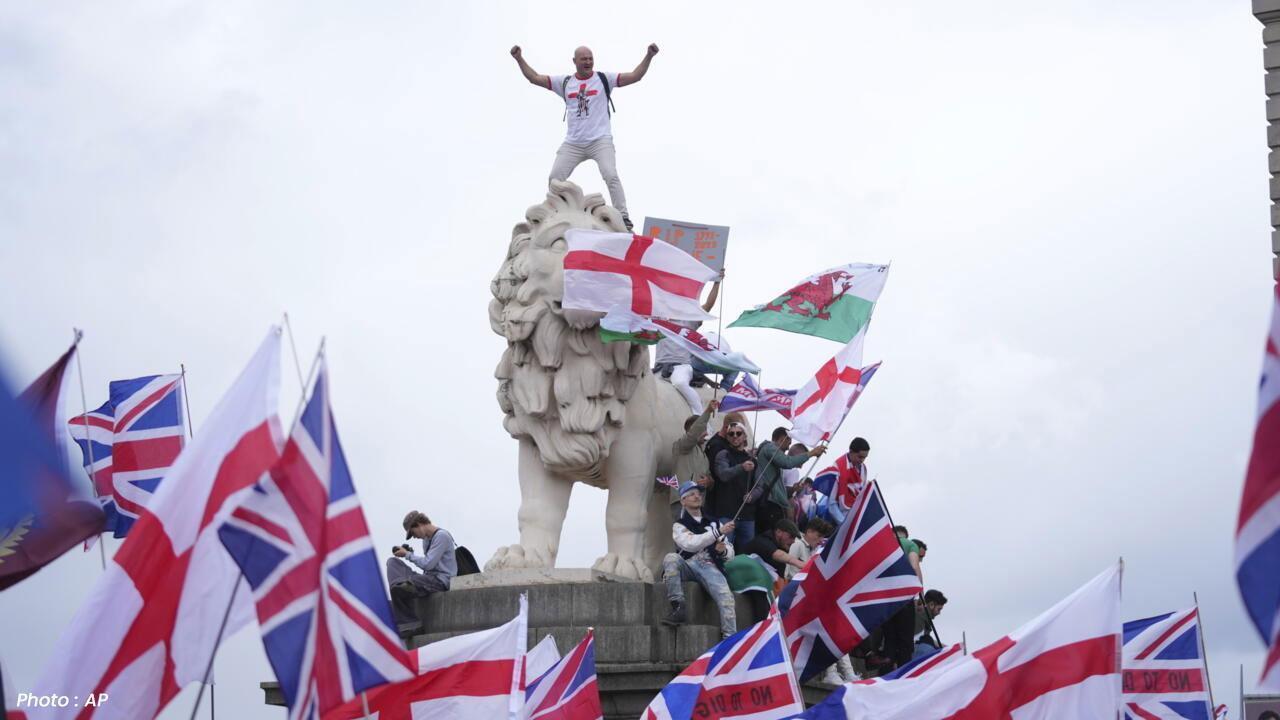
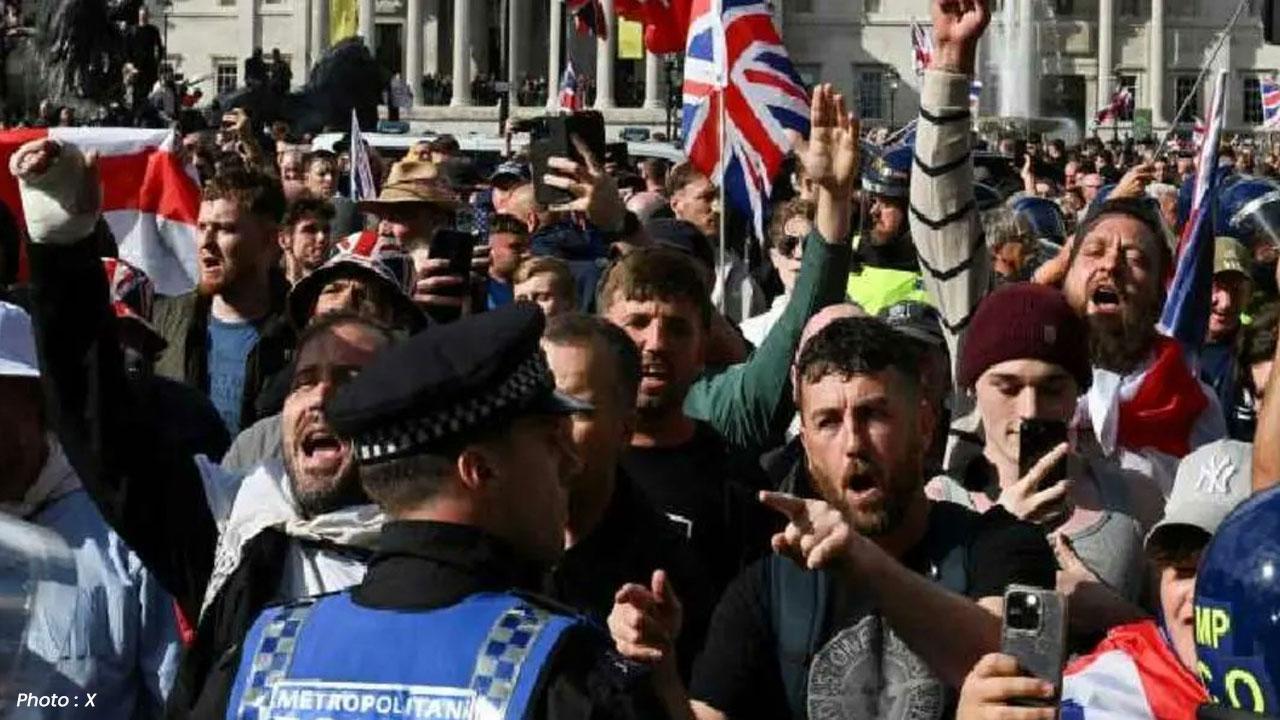
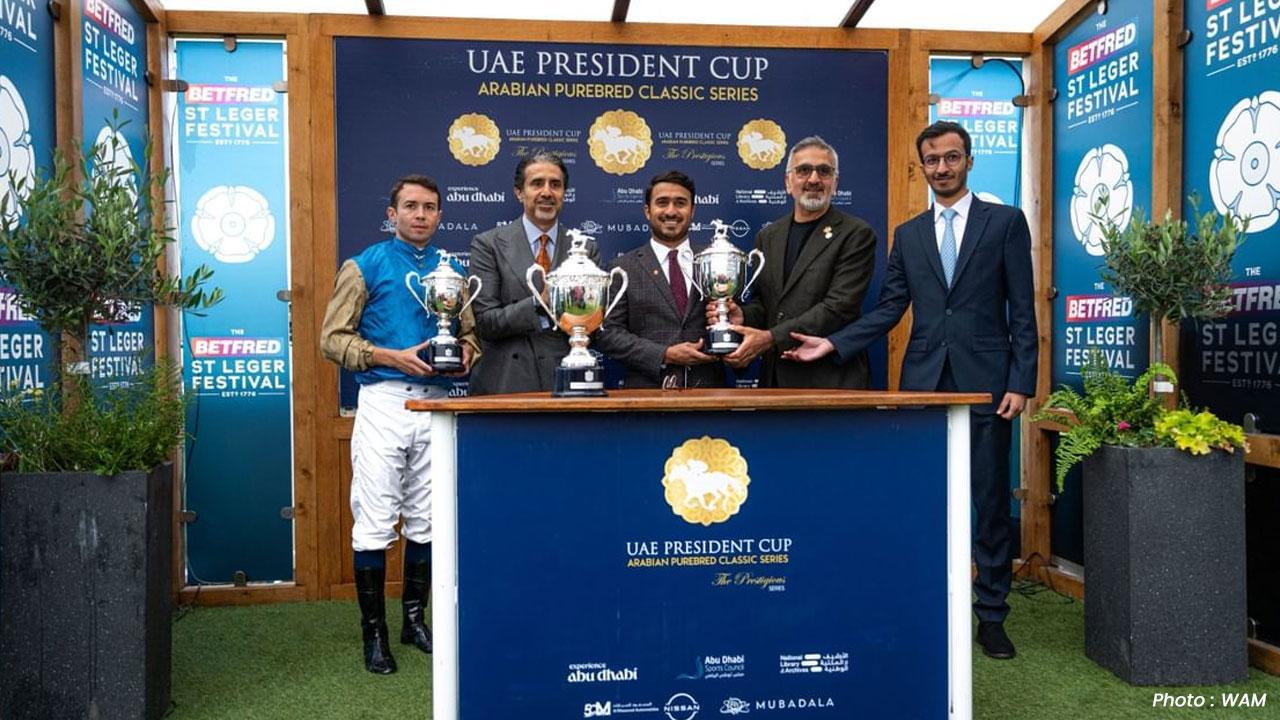
Lippo Di Carrara wins UAE President’s Cup Derby at Doncaster
Lippo De Carrere shines at Doncaster, winning the UAE President’s Cup UK Arabian Derby, the richest

Jaismine Lamboria Wins World Boxing Gold for India
India’s Jaismine Lamboria claimed World Boxing gold, while Nupur Sheoran earned silver and Pooja Ran

Sri Lanka beat Bangladesh by 6 wickets in Asia Cup 2025 opener
Sri Lanka started their Asia Cup 2025 campaign with a six-wicket win over Bangladesh, powered by Nis
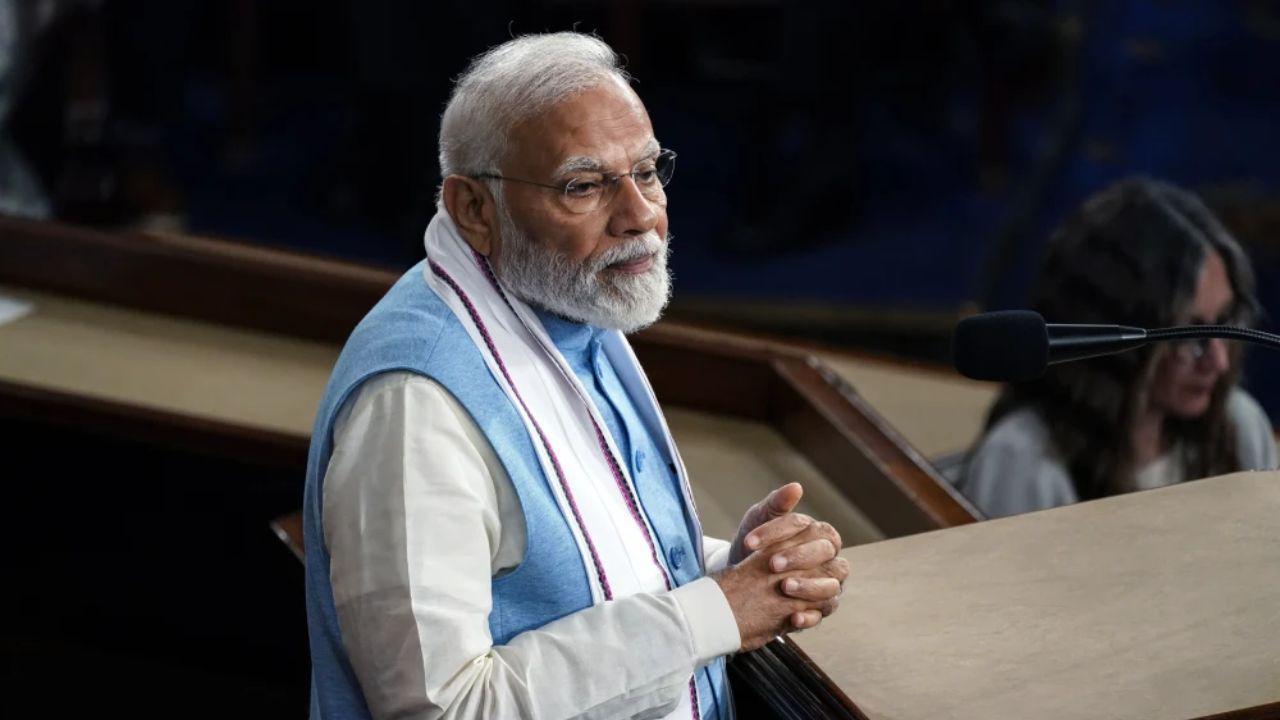
PM Modi Lays ₹6,300 Crore Projects in Assam Criticizes Congress
PM Modi accuses Congress of backing infiltrators, lays ₹6,300 crore health and infrastructure projec
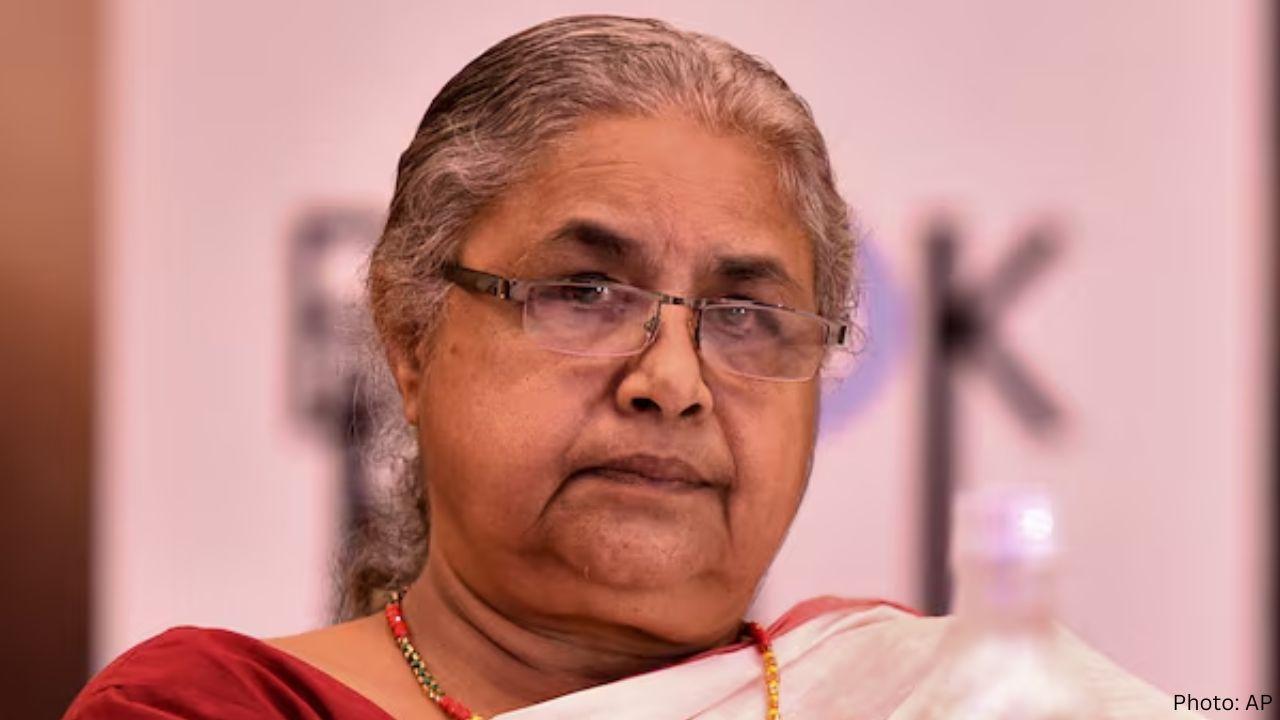
Sushila Karki Becomes Nepal’s First Woman Prime Minister
Eminent jurist Sushila Karki, 73, becomes Nepal’s first woman prime minister after Gen Z protests to

Netanyahu gambled by targeting Hamas leaders in Qatar. It appears to have backfired
Netanyahu’s airstrike on Hamas leaders in Qatar failed, hurting global ties, angering allies, and ra